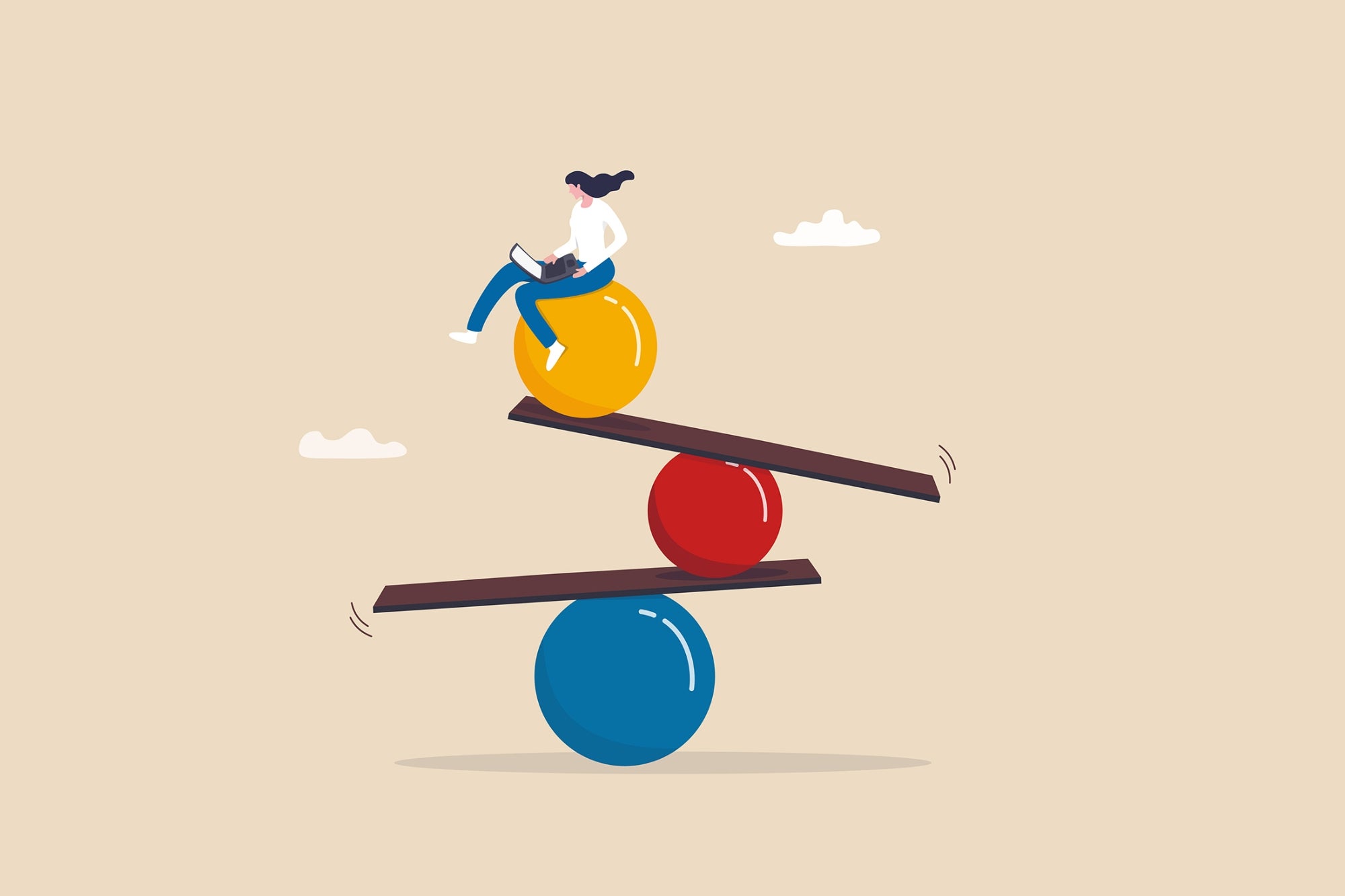High Blood Pressure During Pregnancy: Experts Share Symptoms, Risks And Lifestyle Changes (Image Credits: iStock)
High Blood Pressure, or Hypertension, during Pregnancy, is becoming an increasingly prevalent issue, posing significant risks to both expectant mothers and their unborn children. Recent studies indicate a rise in the incidence of hypertensive disorders among pregnant women, which can lead to serious complications such as preeclampsia, preterm birth, and even long-term heart-related problems. We got in touch with health experts who explain symptoms, complications and essential lifestyle changes to reduce the risk of high blood pressure during pregnancy.
Common Causes Of High Blood Pressure During Pregnancy
Dr Neelam Suri, Senior Consultant Obstetrician and Gynaecologist, Indraprastha Apollo Hospital, New Delhi shares that high blood pressure during pregnancy can be caused by various factors, including:
Genetic predisposition,
Kidney disease,
Obesity,
Multiple pregnancies, and
Family history.
“Pregnancy-related factors such as hormonal changes, blood volume expansion, and vascular resistance can also contribute to high blood pressure. Some women may experience gestational hypertension, which develops after 20 weeks of gestation, while others may have chronic hypertension that predates pregnancy,” she said.
How Can High Blood Pressure Affect Pregnancy And Baby’s Health?
Dr Astha Dayal, Director Obstetrician and Gynaecologist, CK Birla Hospital, Gurugram explains high blood pressure during pregnancy can have serious implications for both the mother and the baby.
For the mother, it increases the risk of developing preeclampsia, a potentially life-threatening condition that can lead to organ damage. It can also cause placental abruption, where the placenta detaches from the uterine wall prematurely.
For the baby, high blood pressure can lead to restricted growth, low birth weight, and preterm birth. In severe cases, it can result in stillbirth.
What Symptoms Should Pregnant Women Watch For If They Have High Blood Pressure During Pregnancy?
Dr Neelam Suri explains pregnant women with high blood pressure should monitor their health closely for symptoms like severe headaches, vision changes (blind spots, double vision, or sensitivity to light), abdominal pain, nausea, vomiting, and difficulty breathing. They should also report any unusual weight gain or swelling to their healthcare provider. While high blood pressure often presents without symptoms, prompt recognition and management of these warning signs can help prevent severe complications.
What Lifestyle Changes Can Help Manage High Blood Pressure During Pregnancy?
Dr Astha Dayal shares that managing high blood pressure during pregnancy often involves lifestyle changes such as:
Regular physical activity,
Maintaining a healthy weight,
Following a balanced diet rich in fruits, vegetables, whole grains, and lean proteins.
Reducing salt intake,
Avoiding smoking and alcohol, and
Managing stress through techniques like meditation or yoga can also be beneficial.
Are There Specific Dietary Recommendations For Pregnant Women With High Blood Pressure?
Dr Neelam Suri explains a well-planned diet is essential for managing high blood pressure during pregnancy. The DASH (Dietary Approaches to Stop Hypertension) diet, which focuses on whole grains, fruits, vegetables, lean protein, and low-fat dairy, is highly recommended.
“Pregnant women should also increase their calcium and potassium intake through foods like leafy greens, nuts, and seeds. Adequate hydration and limiting processed foods, sugar, and saturated fats can also help. However, it’s essential to consult a registered dietitian for personalized dietary advice,” she said.
What Types Of Physical Activities Are Safe And Beneficial For Managing High Blood Pressure During Pregnancy?
Dr Neelam Suri shares that physical activity is essential for managing high blood pressure during pregnancy. Safe exercises include walking, swimming, prenatal yoga, and low-impact aerobics. Pregnant women should avoid high-intensity exercises, contact sports, and activities that involve lying flat or bending.
How Often Should A Pregnant Woman Monitor Blood Pressure, And What Is The Best Way To Do It At Home?
Dr Astha Dayal shares that a pregnant woman with high blood pressure should monitor her blood pressure regularly, typically daily or as advised by her healthcare provider. The best way to do this at home is by using a reliable and accurate digital blood pressure monitor.
What Are The Potential Complications Of Untreated High Blood Pressure During Pregnancy?
Dr Neelam Suri shares that untreated high blood pressure during pregnancy can lead to severe complications, including preeclampsia, placental abruption, fetal growth restriction, preterm birth, and stillbirth. Maternal complications may include stroke, heart failure, kidney damage, and vision loss. In extreme cases, untreated hypertension can result in maternal or fetal death. Regular monitoring and management of high blood pressure are crucial to prevent these complications.





